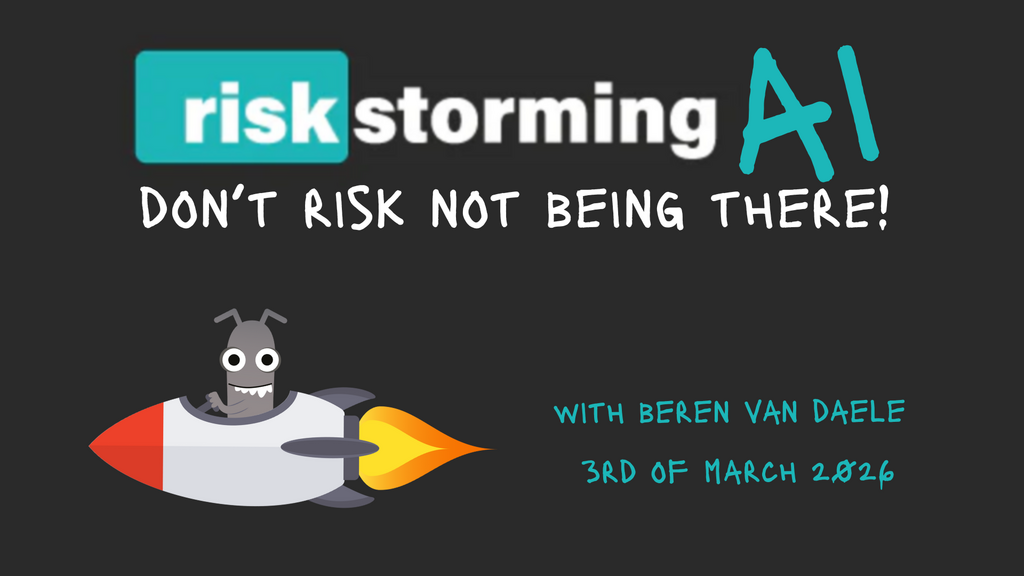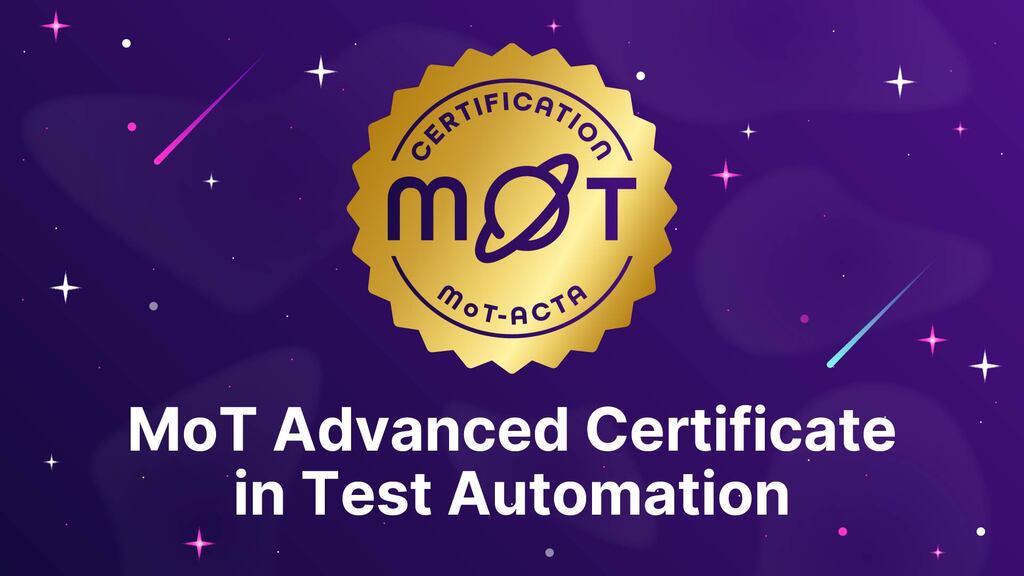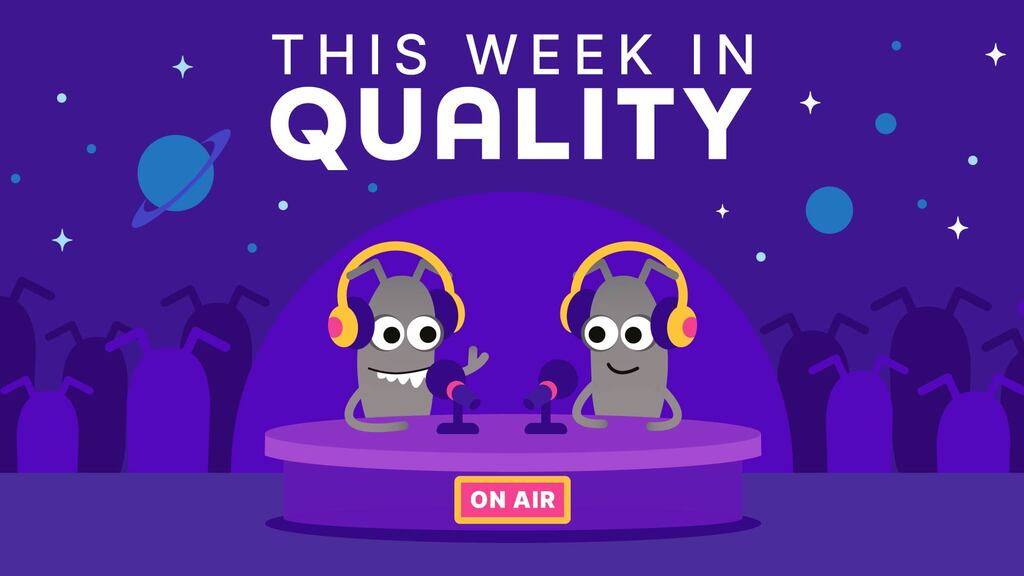By Clarissa Rodrigues
I’ve been following the Ministry of Testing for a long time now due to the high quality of materials and discussions. As a tester with more than 10 years in the field, I’m always looking to improve my skills. When I started the Ministry of Testing’s Automation Testing Online course, I expected it would be mostly about tools and the usual topics. I was pleased to discover my assumption was incorrect.
We learned about testing techniques, testability, observability, risk, and much more. Mark Winteringham and Richard Bradshaw, the instructors, brought to bear their decades of experience of testing in several industries in teaching the course. They guided us in a fantastic experience. Collaborating with Mark, Richard, and my classmates in a systematic way, I was able to focus on test strategy and risk evaluation in a project from the beginning.
The course made clear that testing is about exploring: asking probing questions about requirements, design, and priority, and identifying the different types of testing your project needs, remembering all the while that you need to clarify your approach to testing before you can start writing automated tests. It’s easy to say “test automation is complete” if the tests verify only that your code is correct from a logical point of view, but meanwhile the customer’s point of view can be disregarded completely. As testers we can’t afford to stop there.
Mark and Richard stressed that quality is much more than simply automating tests, because you can't test quality into a product -- it must be built in. To be able to do so, quality engineers as part of the team must create a mental model of your customers’ perspective, needs, and user experience.
The instructors gave us a broad, unique learning experience, far beyond other courses’ narrow focus on automation tools. Thank you to Mark and Richard for sharing your experience and point of view: it’s helped me to start seeing things from different perspectives. Tool-based checks are easy to write, but designing and writing a thorough automated test suite is something else entirely. I’ll use the lessons I learned in the course throughout my career.
Clarissa Rodrigues is a specialist in software engineering and has a master’s degree in applied computing, with more than 10 years of IT experience.




